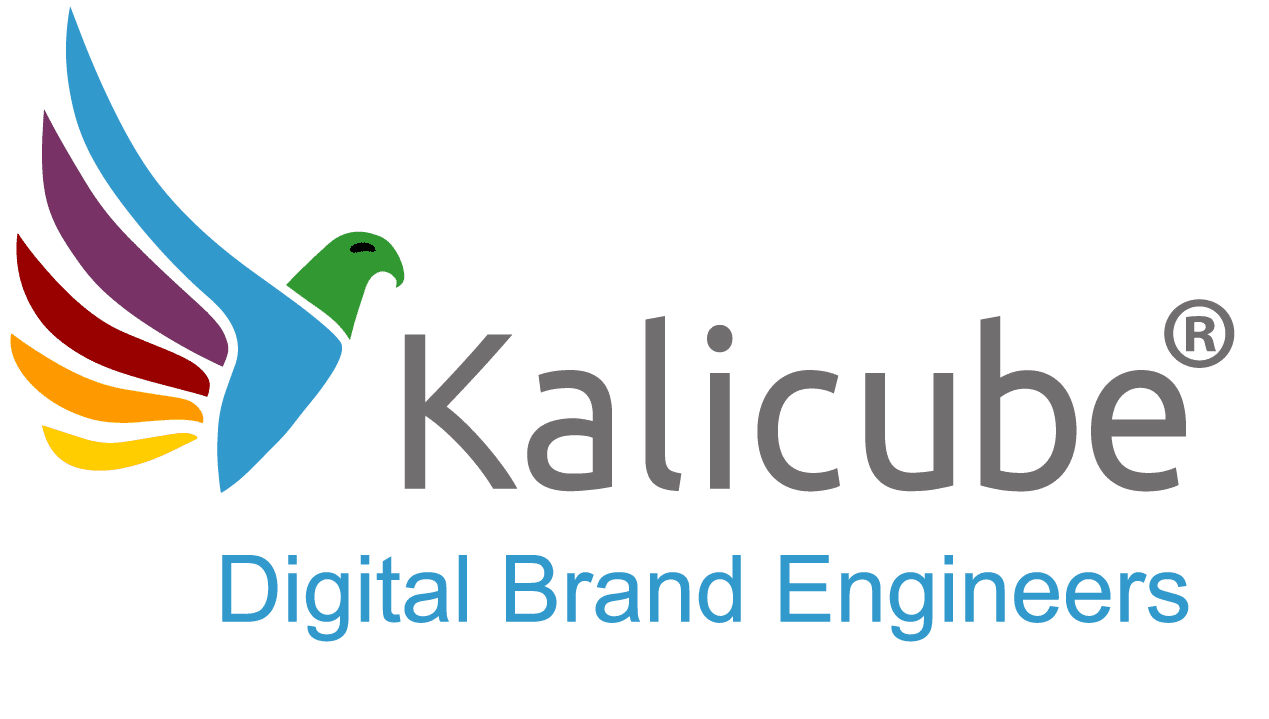Your Survival Guide to the Ad Targeting Apocalypse

As advertising platforms like Google and Facebook refine their algorithms and push for more automated solutions, marketers are compelled to adapt their strategies.
Ad targeting expert, Josh Muskin, shared valuable insights in the evolving landscape of ad targeting and the strategies needed to navigate the imminent ad targeting apocalypse. Drawing from the insightful discussion during the Kalicube® Tuesday Podcast, this article provides an overview of how these changes impact the field of marketing and what you can do to stay ahead.
What is Ad Targeting?
Ad targeting is a marketing strategy that involves selecting specific audiences to receive your advertising messages based on various criteria such as demographics, interests, behaviors, and more. This approach aims to make advertising more relevant and effective by reaching people who are most likely to be interested in your products or services.
By doing so, you can increase the chances of engagement and conversion while optimizing your ad spend. Isn’t it delightful how targeted ads can help businesses connect with just the right crowd?
What does it mean to influence ad campaigns through automation?
Influencing ad campaigns through automation means platforms like Google’s Performance Max (PMAX) take over much of the campaign management.
Advertisers provide ad copy, a landing page, and a budget, while the platform handles targeting and distribution. This shift can limit advertisers’ control over specific aspects of their campaigns but can also lead to more efficient ad placements if the right inputs are provided.
Can We Trust Automated Systems Over Human Control?
Yes, automated systems can be trusted. While human oversight is crucial, automated systems powered by AI and machine learning can make more accurate and quicker decisions, provided they receive the correct inputs. Marketers must supply these systems with precise and relevant data to ensure the best outcomes, shifting control to a more indirect, yet potentially more effective, form of campaign management.
Benefits of Automation
Efficiency: Automated platforms can handle repetitive tasks, freeing up human time for strategic thinking.
Machine Learning: AI can analyze vast amounts of data to optimize ad campaigns for better performance.
The Role of Ad Agencies in the New Landscape
Contrary to concerns about the obsoletion of ad agencies in light of automation, Josh Muskin emphasized the evolving role of ad agencies, particularly in enhancing creative capabilities and embracing data science.
While automation handles basic tasks, human expertise will be crucial in two things.
Creative Development: Crafting compelling ad copy and visuals that resonate with the target audience.
Data Analysis: Understanding user behavior and campaign performance to optimize targeting and messaging.
What is the significance of creative messaging and data-driven insights in the ad targeting apocalypse?
Creative messaging and data-driven insights are pivotal in enhancing ad effectiveness and navigating the transforming ad targeting environments effectively.
Muskin emphasized the importance of providing precise inputs and optimizing content to resonate with niche audience segments. In the face of shrinking reach and evolving privacy regulations, data-driven insights allow you to target high-value audiences with laser precision, maximizing your return on ad spend. This emphasizes the efficiency gained through data in a limited targeting landscape.
How Will These Trends Impact the Future of Ad Agencies?
Ad agencies will need to evolve, placing greater emphasis on creative content and data science. The role of media buying may change, but the need for strategic management of ad campaigns will persist.
Agencies that adapt early to these shifts, particularly in creative and data capabilities, will have a competitive advantage.
Impact on Branded Search
Branded search refers to searches for a company’s name or specific brand terms. Broad ad targeting might not affect organic search results that show a company’s website, but it can influence what else appears alongside them. Advertisers can leverage broad targeting to:
- Protect Brand Image: Use ad formats to control the message users see when searching for the brand.
- Promote Specific Products: Highlight specific products or services within branded search results.
Overall, ad targeting and automation are changing the advertising landscape. While they offer efficiency and reach, human expertise remains essential for successful campaigns, especially in brand protection and creative development. Marketers must adapt by focusing on quality data and creative strategies to leverage the full potential of automated systems.
Take control of your online presence today by partnering with Kalicube® - where every engagement is a step toward dominating the digital landscape in your niche.
Book a call to discover how our services can elevate your brand visibility and win sales.
Don’t miss out on tips or geeky nuggets of wisdom - sign up for our Kalicube® newsletter! Stay connected with all the latest and greatest happenings in digital marketing.





